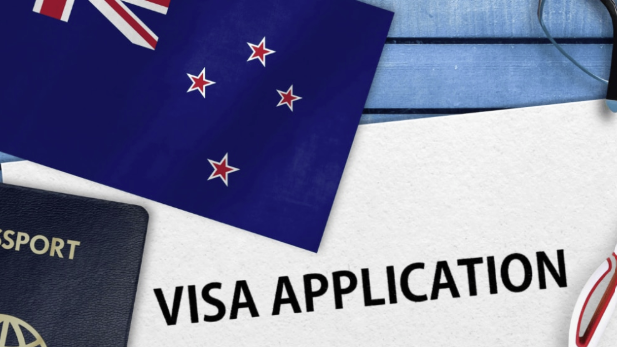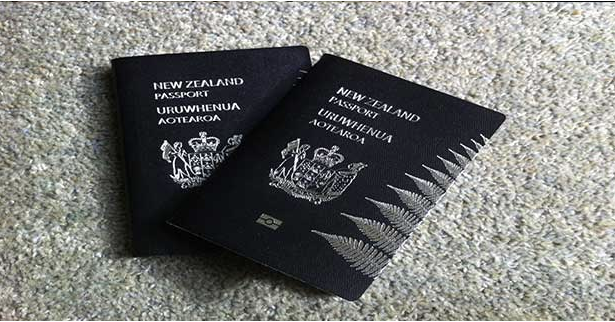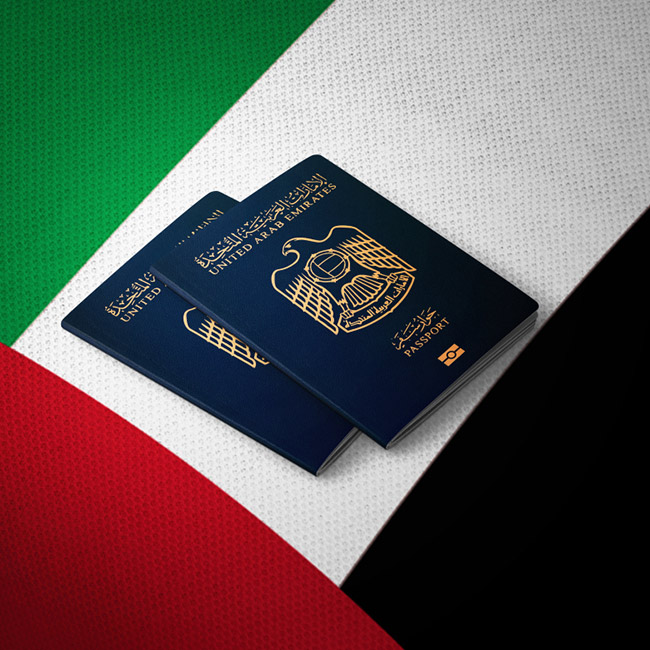
In a strategic move to address pressing labor shortages, New Zealand has introduced a specialized immigration initiative: the Special Skills Pathway, designed specifically to attract skilled professionals from Pakistan. With a focus on critical sectors such as information technology, agricultural sciences, and sustainable engineering, this initiative offers new possibilities for talented individuals seeking long-term career growth and settlement opportunities abroad.
Unlike broad-based immigration schemes, this pathway is highly targeted. It builds on the framework of the Skilled Migrant Category Visa but goes a step further by allocating sector-specific quotas and fast-tracking application processes for Pakistani applicants. The goal is not just to fill gaps in the labor market but to cultivate a well-integrated and highly capable professional community that contributes meaningfully to New Zealand’s future.
Pakistan has long been home to a robust talent pool in science, technology, and agriculture. Its universities produce thousands of graduates every year, many of whom struggle to find relevant opportunities locally. With economic constraints and limited job creation, highly skilled professionals often look abroad for better prospects.
New Zealand, on the other hand, is facing acute shortages in sectors that align perfectly with Pakistan’s academic and professional output. According to Immigration New Zealand, the demand for IT specialists, agritech experts, and green engineers has surged in recent years. This alignment of supply and demand created a natural synergy—and the Special Skills Pathway is designed to capitalize on that.


One of the key highlights of the new program is its structure. Selected Pakistani professionals are granted provisional work permits valid for two years. These permits are tied to specific sectors and job roles. Upon successful completion of the work period, applicants become eligible for permanent residency, provided they meet job performance and integration criteria.
This conditional-to-permanent visa model is not new, but what sets this initiative apart is its additional layer of support mechanisms. The program isn’t just about filling vacancies—it’s about building lasting careers and vibrant communities.
Integration has always been a challenge for first-time migrants. Recognizing this, the New Zealand government has bundled several support services into the pathway. Pakistani professionals and their families receive funded language training and assistance with professional licensing or certification. For example, engineers will be supported in gaining recognition through Engineering New Zealand while IT professionals can connect with local bodies like IT Professionals New Zealand.
In addition, mentorship is a core part of the program. Newly arrived migrants are paired with experienced Pakistani professionals already living in New Zealand. This peer support system aims to ease social adaptation and offer real-world guidance on professional and personal matters.
Furthermore, community placement programs have been launched to help families settle in cities with strong multicultural networks such as Auckland, Christchurch, and Hamilton. These programs focus on school enrollment for children, housing support, and access to community services.

Another key feature is the long-term career development focus. Professionals aren’t just recruited and left to navigate their futures alone. Instead, the government, in partnership with industry bodies, has launched sector-specific training modules and leadership workshops to ensure that these new arrivals can move up the ladder. Employers also receive incentives for retaining talent and offering growth-oriented roles.
These proactive steps serve two purposes: they help immigrants become productive members of society quickly, and they strengthen New Zealand’s internal workforce in a sustainable way. It’s a long-term investment in human capital—one that benefits both sides.
Applicants must meet the baseline criteria already established under the Skilled Migrant Category, such as educational qualifications, English language proficiency, and relevant work experience. However, under this special pathway, priority is given to those who specialize in critical sectors.
To apply, candidates can start by submitting an Expression of Interest (EOI) via the official New Zealand Immigration website. Once selected, applicants are invited to submit a full visa application. Processing timelines under this program are shorter than usual, with decisions typically issued within eight to twelve weeks.
It is advisable for professionals to keep their credentials up to date and, if necessary, have them assessed in advance by relevant New Zealand authorities. For instance, NZQA provides a qualification assessment service that can help smooth the approval process.

This targeted immigration initiative is more than a visa program—it’s a structured opportunity for Pakistani professionals to build meaningful lives in a country known for its stability, quality of life, and inclusiveness. At the same time, New Zealand benefits from fresh ideas, international expertise, and diverse perspectives.
With a clear path from temporary work to permanent residence, integrated support systems, and genuine growth opportunities, this pathway holds tremendous promise. It reflects a forward-thinking approach to global talent mobility—one where skilled professionals are not just welcomed, but empowered to thrive.
For detailed program updates and resources, visit Immigration New Zealand’s official site or connect with recognized licensed immigration advisers.